DGNN Epilepsy
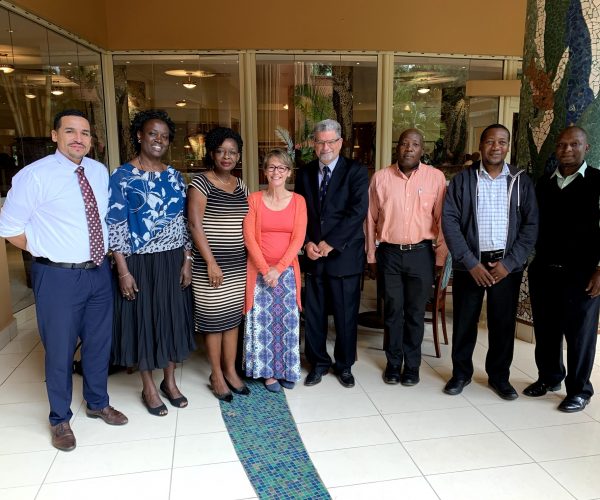
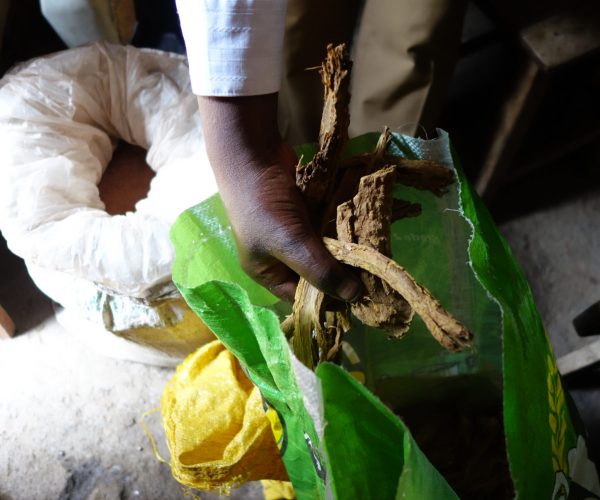
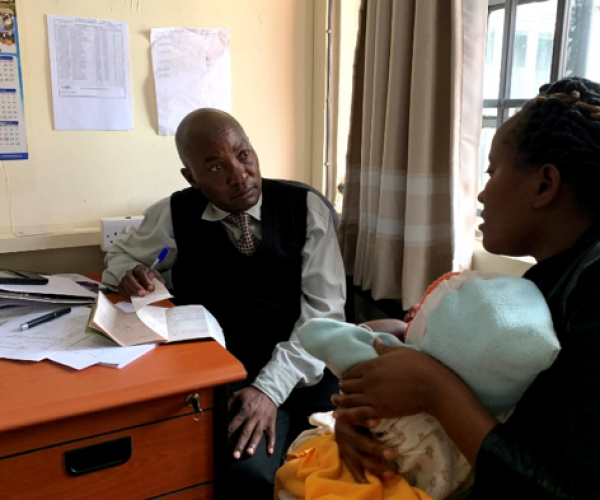
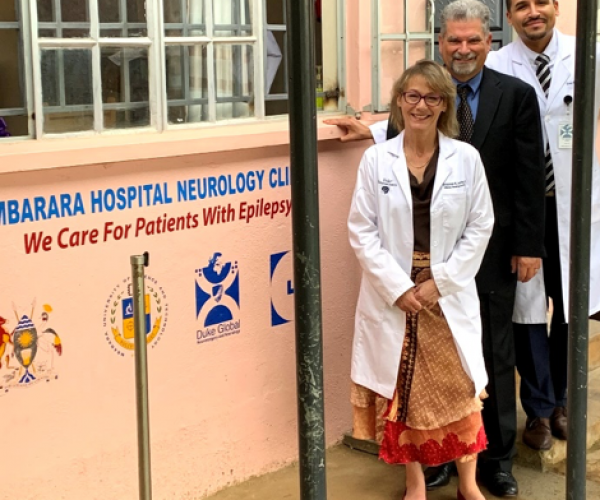
Our focus is to improve the care of people with epilepsy in Uganda through collaborations with scholars, policy makers, and patient and community stakeholders. In our initial work, we sought to grow our understanding of the experience of having epilepsy and seeking care in Uganda, with respect for the cultural context and the unique and collective challenges of those touched by the disease.
The stories of epilepsy patients, caregivers, community leaders, and providers, are rich with courage, perseverance, history, traditional beliefs and medicine, and a hope for an ever-improving landscape of care. It is with gratitude that DGNN joins their partners in Uganda in an informed collaborative perspective to strengthen access to care through dedicated clinics, healthcare provider training, and community sensitization.
DGNN Epilepsy Projects
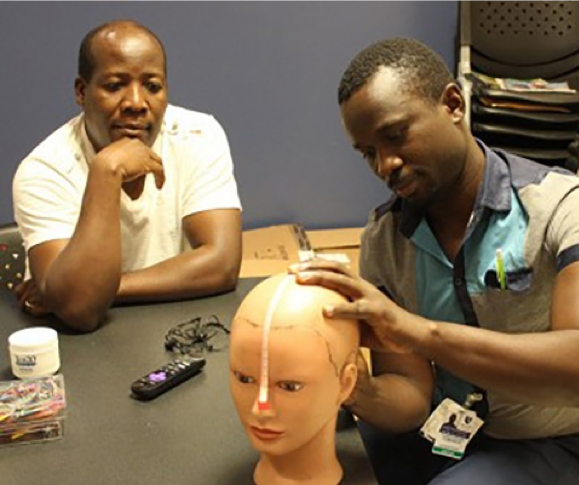
In Uganda, there are fewer than 50 neurology and psychiatry specialty providers for a country of over 42 million persons. It is essential to build the provider workforce that can care for epilepsy patients. In this project, we are adapting the World Health Organization (WHO) mental health GAP epilepsy training module to be relevant to the cultural context, needs, and resources of Uganda. We will partner with the Uganda Ministry of Health for implementation and tracking outcomes of the training.
For more information on this project, click here.
 In Uganda, many people believe in a plurality of potential causes for epilepsy, with over two-thirds endorsing demonic possession, witchcraft and ancestral determinism as likely causes, in addition to biologic causation. Importantly, beliefs about etiology are primary determinants of healthcare seeking choices, and those who first seek traditional or pastoral healing have lengthy delays to biomedical care. Many people believe that epilepsy is contagious. Collectively, these community perspectives justify isolation of people with epilepsy, drive harsh stigmatization and encumber care-seeking pathways. An important step to impact the treatment gap is to improve community epilepsy health literacy, with a focus on the beliefs and misconceptions that drive stigma and deter people from reaching biomedical care. This project will pilot an intervention that is co-designed between patients, families, community leaders, and researchers to improve epilepsy health literacy. For more information on this project, click here.
In Uganda, many people believe in a plurality of potential causes for epilepsy, with over two-thirds endorsing demonic possession, witchcraft and ancestral determinism as likely causes, in addition to biologic causation. Importantly, beliefs about etiology are primary determinants of healthcare seeking choices, and those who first seek traditional or pastoral healing have lengthy delays to biomedical care. Many people believe that epilepsy is contagious. Collectively, these community perspectives justify isolation of people with epilepsy, drive harsh stigmatization and encumber care-seeking pathways. An important step to impact the treatment gap is to improve community epilepsy health literacy, with a focus on the beliefs and misconceptions that drive stigma and deter people from reaching biomedical care. This project will pilot an intervention that is co-designed between patients, families, community leaders, and researchers to improve epilepsy health literacy. For more information on this project, click here. Recognizing the complexity of potential challenges to medical adherence in LMICs (eg, medical supply chain ‘stock-outs’, cost, health literacy), this study will follow a cohort of patients with epilepsy to examine the relative contributions of various factors to anti-epileptic drug (AED) treatment adherence.
Recognizing the complexity of potential challenges to medical adherence in LMICs (eg, medical supply chain ‘stock-outs’, cost, health literacy), this study will follow a cohort of patients with epilepsy to examine the relative contributions of various factors to anti-epileptic drug (AED) treatment adherence.
DGNN Epilepsy News
- Dr. Deborah Koltai receives Inaugural Bass Connections Leadership Award (6/8/2021) – Deborah Koltai (Associate Professor in Psychiatry & Behavioral Sciences and Neurology, School of Medicine) and Jason Somarelli (Assistant Professor in Medicine, School of Medicine) are the winners of the 2021 Bass Connections Leadership Award.
- Epilepsy Care in Low-Income Communities: Erasing Stigma, Saving Lives (6/8/2021) – Three quarters of people living with epilepsy in low-income countries do not receive the treatment they need, according to a 2019 report from the World Health Organization. The lack of access to diagnosis and treatment increases the risk of dying prematurely and results in many individuals experiencing a life of stigma and pain.
- Understanding the Influence of Spiritual Beliefs on Epilepsy Care (6/8/2021) – In their efforts to expand treatment of epilepsy in Uganda, Duke researchers explore the role of traditional healers, who are often the first stop for Ugandans suffering from seizures.
